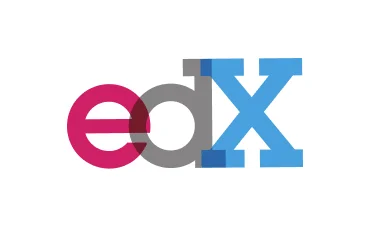When you enroll through our links, we may earn a small commission—at no extra cost to you. This helps keep our platform free and inspires us to add more value.

DoaneX: Sustainable Agribusiness Comprehensive Exam
Take the Comprehensive Exam and demonstrate the knowledge and skills acquired in the Sustainable Agribusiness MicroMasters program to earnyour DoaneX MicroMasters credential.

This Course Includes
 edx
edx 0 (0 reviews )
0 (0 reviews ) 8 weeks at 10-15 hours per week
8 weeks at 10-15 hours per week english
english Online - Self Paced
Online - Self Paced course
course DoaneX
DoaneX
About DoaneX: Sustainable Agribusiness Comprehensive Exam
This course is part of the Sustainable Agribusiness MicroMasters program which consists of 6 courses and a capstone exam. After completing the program, you can also apply to Doane University to complete your MBA online for approximately $10,500 (learn more about the program here).
This comprehensive capstone exam includes the evaluation of the competencies and performance tasks, which define a successful practitioner of sustainable agriculture.
This capstone exam is part of the DoaneX Sustainable Agri-business MicroMasters program that is designed to provide you with the in-depth knowledge and skills needed to equip you to play a role inpracticingsustainable agriculture,utilizing a system's perspective to understand sustainability with interdisciplinary efforts. In order to qualify for the MicroMasters Credential, you will need to earn a Verified Certificate in each of the six DoaneX Sustainable Agri-business courses as well as pass this final comprehensive capstone exam.
The capstone exam will test knowledge across all six courses. It will be a webcam proctored timed exam.
What You Will Learn?
- Discern how variables impact outcomes within specific contexts.
- Articulate how models can be used to maximize sustainability.
- Utilize sustainable agricultural models to achieve economic and sustainability outcomes.
- Assess effects of human non-judicious use of natural resources resulting in agricultural problems and environmental degradation.
- Apply environmental economic theory to the allocation and utilization of natural resources.
- Analyze the effects of economic growth on the environment and agricultural practices.
- Through evaluation of current environmental policy, the learner will be able to propose policy modifications to inform new policy that realizes better ecosystems services..
- Explain the need for a country-level collaboration among various agencies in finance, commerce, agriculture, health, and environmental protection..
- Discuss the complexity and impact of changes in policies, business practices, and technologies have on global food systems and food supply chains..
- Evaluate how global food system and supply chains are affected by diverse participants with conflicting interests..
- Analyze how individual’s lifestyles, international business operations, policies of health care, energy, and food, environmental changes, and so on impact global food systems’ biodiversity and ecosystem..
- Explore not only economic but also social and environmental impacts from global business practices on individuals, communities, and society. .
- Assess how the sustainability of agriculture and food systems are evaluated and measured, and explore solutions to economic, social, and environmental problems..
- Analyze proposed solutions to global agri-food systems challenges..
- Apply concepts of marketing to sustainable agriculture and food innovation, identify creative market entry strategiesand utilize economic principles to formulate pricing strategies..
- Apply supply chain management principles in a sustainable way that protects the environment, measure environmental sustainability performance of supply chains and analyze the importance of ethics and transparency in supply chain management..